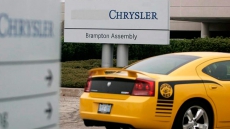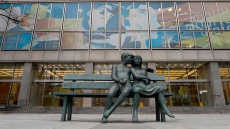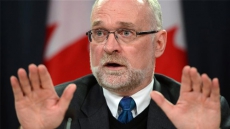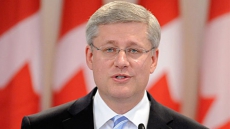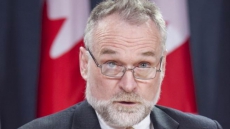VANCOUVER — Justice Minister Peter MacKay has acknowledged the landmark Supreme Court of Canada ruling on doctor-assisted death could move votes during the upcoming fall election.
MacKay says using the legislative measure of the notwithstanding clause to override the judiciary would be "the legal equivalent of a nuclear bomb," and so the government will instead consult with various affected groups.
He told reporters in Vancouver that it's difficult to gauge what impact Friday's decision will have at the ballot box, but he doesn't believe it's an issue owned by any single political party.
MacKay noted the deeply personal and divisive nature of doctor-assisted dying, saying the government will take the time it needs to respond — but using the charter to intervene is very unlikely.
He says the government is now looking at a private members' bill from Conservative MP Steven Fletcher, who is a quadriplegic, as well as other approaches in response to the court's decision.
The high court gave the government 12 months to craft a replacement law after striking down the ban against doctors helping mentally sound patients who are experiencing enduring and intolerable suffering to end their lives.
